Understanding Iron-Deficiency Anemia: What is it?
As a blogger, I am always keen to share valuable information with my readers. Today, I would like to discuss iron-deficiency anemia, a condition that affects many people worldwide. Iron-deficiency anemia is a condition where the body lacks enough iron to produce hemoglobin, a protein in red blood cells that carries oxygen throughout the body. When there is a shortage of hemoglobin, your body's tissues and muscles do not receive enough oxygen, leading to fatigue and weakness. So, let's dive deeper into the causes, symptoms, and prevention methods of iron-deficiency anemia.
Unraveling the Causes of Iron-Deficiency Anemia
It is essential to understand the causes of iron-deficiency anemia to take preventive measures effectively. The primary cause of this condition is inadequate iron intake in your diet. Our body needs iron to produce hemoglobin, and when we do not consume enough iron-rich foods, it leads to a deficiency. Another cause is the inability of the body to absorb iron properly. Certain medical conditions, like celiac disease, can impair the body's ability to absorb iron from the food we eat. Blood loss, either through injury or menstruation, can also contribute to iron-deficiency anemia. Lastly, pregnancy increases the demand for iron in a woman's body, making it challenging to maintain adequate iron levels.
Recognizing the Symptoms of Iron-Deficiency Anemia
Early detection of iron-deficiency anemia is crucial for effective treatment. Some of the common symptoms include fatigue, weakness, pale skin, shortness of breath, dizziness, and cold hands and feet. You might also experience headaches, brittle nails, and an increased heart rate. It is important to note that these symptoms may vary from person to person, and some individuals may not exhibit any symptoms at all. If you suspect that you have iron-deficiency anemia, it is essential to consult your doctor for a proper diagnosis and treatment plan.
Importance of Iron-Rich Foods in Your Diet
One of the most effective ways to prevent iron-deficiency anemia is by incorporating iron-rich foods into your daily diet. Some excellent sources of iron include red meat, poultry, fish, lentils, beans, and spinach. Iron from animal sources, known as heme iron, is more easily absorbed by the body compared to non-heme iron from plant sources. However, you can enhance the absorption of non-heme iron by consuming it with vitamin C-rich foods like oranges, tomatoes, or strawberries. It is also a good idea to include whole grains and fortified cereals in your diet, as they are often enriched with iron.
Iron Supplements: When Are They Necessary?
While it is always best to obtain nutrients from natural food sources, there are situations where an individual might need iron supplements. If you have been diagnosed with iron-deficiency anemia, your doctor may prescribe iron supplements to restore your body's iron levels. Pregnant women and individuals with certain medical conditions that hinder iron absorption may also require supplements. However, it is essential to follow your doctor's advice and dosage recommendations, as excessive iron intake can lead to health complications.
Understanding the Role of Vitamin C in Iron Absorption
Vitamin C plays a crucial role in enhancing the absorption of non-heme iron, which is the type of iron found in plant-based foods. Consuming vitamin C-rich foods like citrus fruits, bell peppers, and strawberries with non-heme iron sources can significantly improve iron absorption in the body. For example, you can have a glass of orange juice alongside your spinach salad or add some diced bell peppers to your lentil soup. By incorporating vitamin C into your diet, you can optimize your body's ability to absorb iron and prevent iron-deficiency anemia.
Managing Menstrual Blood Loss to Prevent Anemia
For women who experience heavy menstrual bleeding, managing blood loss is essential in preventing iron-deficiency anemia. Some helpful tips to manage heavy periods include using a menstrual cup to monitor blood loss, taking over-the-counter pain relievers to reduce menstrual flow, and consulting with your doctor about hormonal treatments that can help regulate your cycle. Additionally, maintaining a diet rich in iron can help replenish the iron lost during menstruation and reduce the risk of developing anemia.
Regular Checkups: A Key to Preventing Iron-Deficiency Anemia
Finally, regular checkups with your healthcare provider can play a vital role in preventing iron-deficiency anemia. By discussing your diet, lifestyle, and any symptoms you may be experiencing, your doctor can assess your risk of developing anemia and recommend appropriate preventive measures. If necessary, they may also perform blood tests to determine your iron levels and hemoglobin count. By being proactive and staying informed about your health, you can effectively prevent iron-deficiency anemia and enjoy a healthier, more energetic life.

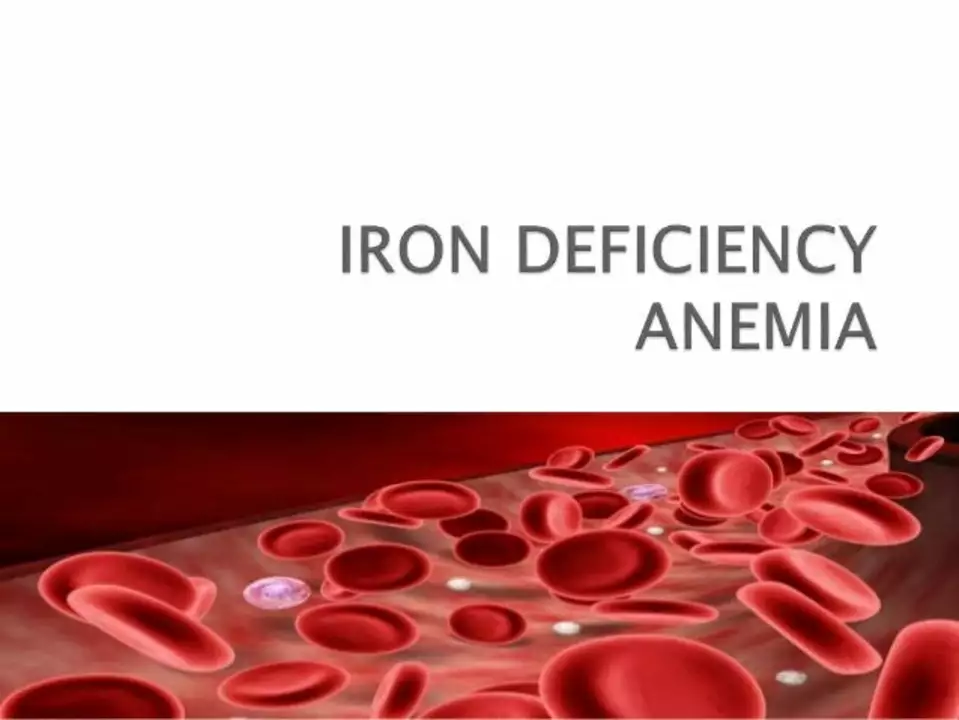

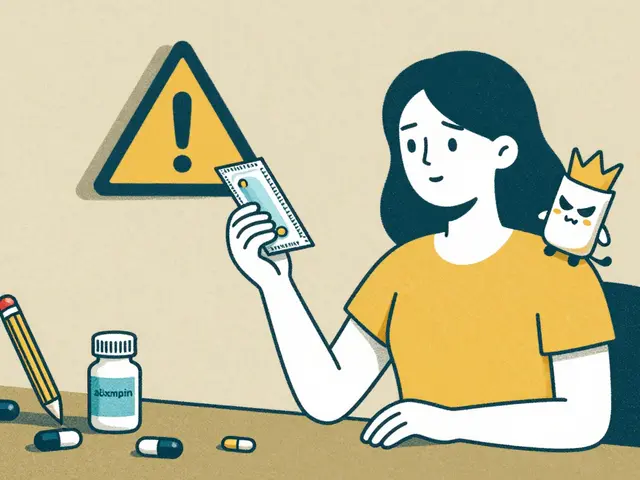
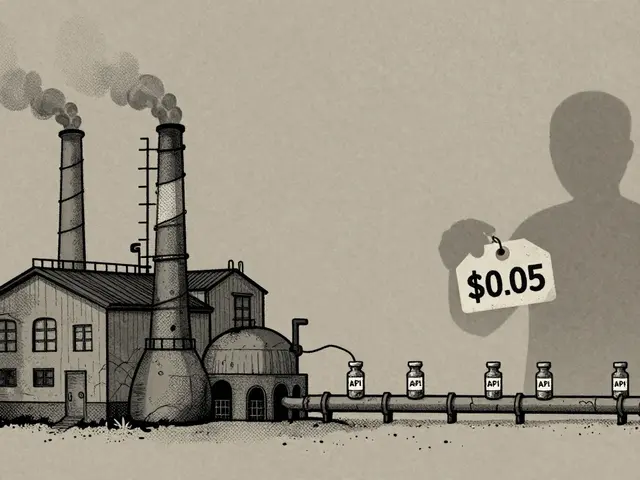
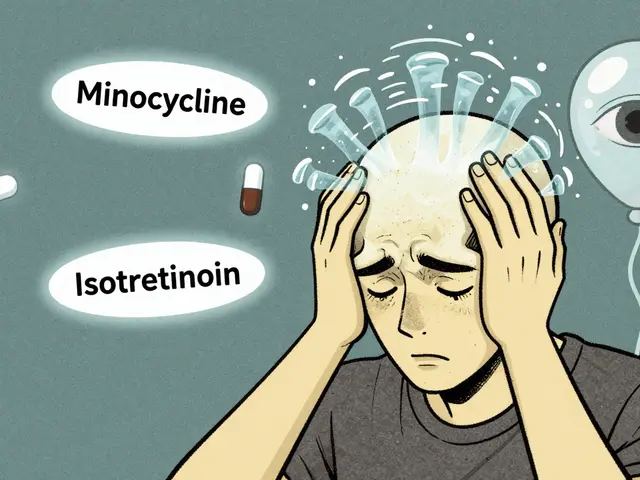
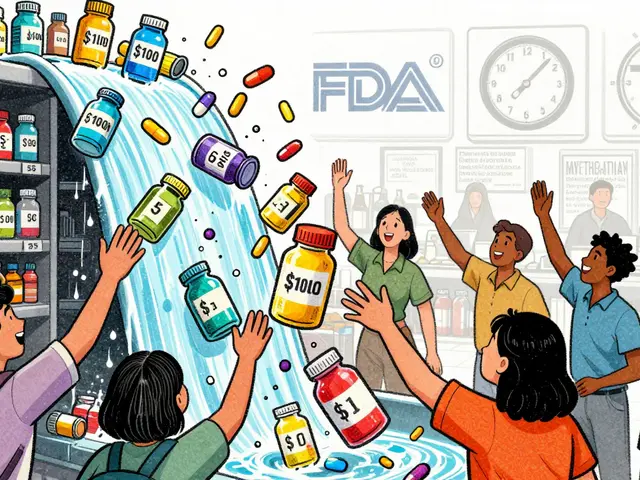
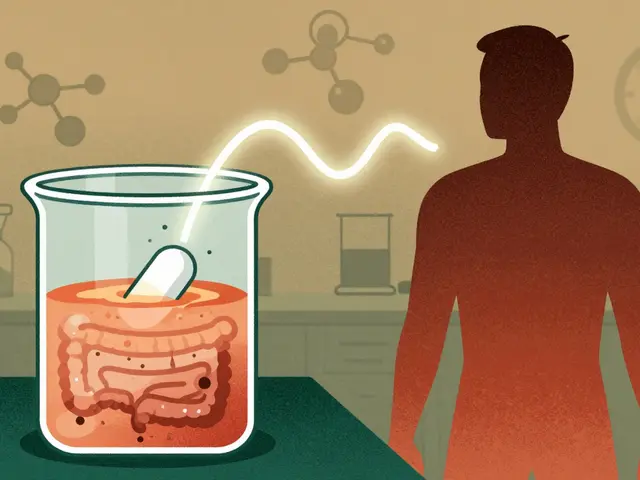
17 comments
Matthew King
man i just ate a spinach smoothie with orange juice and felt like a superhero. iron is weird but it works.
caroline howard
Oh wow, another post telling women to eat more spinach like it's a magic fix. Did you also forget to mention that some of us bleed for a week straight and no amount of lentils fixes that?
Melissa Thompson
You're telling people to eat spinach?!!? That's not even bioavailable! You need heme iron from grass-fed beef, preferably sourced from the Midwest, not some hippie kale smoothie nonsense. And vitamin C? Please. Your body doesn't need a citrus cocktail to absorb iron-it needs proper nutrition, not trendy food pairings.
Rika Nokashi
In India, we have always known that iron deficiency is not just about diet-it is about karma, digestion, and the balance of doshas. Many women suffer because they eat too much refined flour and too little ghee. Also, sleeping late disrupts hemoglobin synthesis. You must wake before sunrise, drink warm water with neem leaves, and avoid processed foods. This is ancient wisdom, not some American blog.
Austin Levine
Heme vs non-heme absorption rates are real. But the vitamin C tip is legit.
Joe Puleo
I used to be exhausted all the time. Started eating lean beef twice a week and throwing strawberries on my oatmeal. Within a month, I could climb stairs without panting. It’s not magic, just basics.
Michael Lynch
I think the real issue isn’t just iron intake-it’s how much we ignore our bodies until we’re practically collapsing. I didn’t realize I was anemic until I passed out at the grocery store. Now I get my levels checked yearly. Simple, but most people wait until it’s an emergency.
Ikenga Uzoamaka
This post is so American...we don't have iron supplements in my village, we just eat goat liver and drink palm wine. You think you're smart with your fancy blood tests? We've been fixing this for centuries without doctors!
Ben Jackson
The heme/non-heme distinction is critical in clinical nutrition. But I'd argue that the real bottleneck is not dietary intake-it's hepcidin dysregulation in chronic inflammation. That's why some patients don't respond to oral iron. IV iron bypasses that. Still, diet's foundational.
Meredith Poley
So you wrote a 1000-word post about spinach and oranges... but didn’t mention that iron supplements can cause constipation so bad you’ll question your life choices? Thanks for the info, Captain Obvious.
Mathias Matengu Mabuta
The entire premise of this article is a state-sponsored distraction. Iron deficiency is a myth created by Big Pharma to sell supplements. Your body naturally regulates iron levels. The real cause of fatigue? EMF radiation from your phone, and the government’s fluoridation of water. Check the studies-peer-reviewed, not blog posts.
Bhanu pratap
I was anemic in college, slept on the floor, ate instant noodles. Then I started eating dal with rice and a glass of lime juice. My hair stopped falling out. My hands stopped turning blue. It changed my life. You don't need fancy labs-you need simple food, and patience.
Andrea Swick
I think it's important to acknowledge that not everyone has access to grass-fed beef or fresh strawberries. Food deserts are real. For a lot of people, fortified cereal is the most reliable source. And that’s okay. It’s not glamorous, but it saves lives.
Don Moore
While dietary interventions are beneficial, clinical guidelines recommend serum ferritin testing prior to supplementation. Unsupervised iron administration may lead to oxidative stress and organ damage. A holistic approach is imperative.
Lee Lee
They told you to eat iron-rich foods... but did they tell you the CDC is hiding the truth? Iron deficiency is induced by glyphosate in your food. It binds to iron in your gut and prevents absorption. The real solution? Organic food, no GMOs, and a Faraday cage around your bedroom. I’ve been researching this for 14 years.
Keith Bloom
i read this and thought 'ok but why is everyone so obsessed with iron? i mean... we're not horses. we don't need to be red all the time. maybe we just need more sleep? or less coffee? or a therapist??'
Amelia Wigton
You mention menstruation, but you don’t address endometriosis, adenomyosis, fibroids-conditions that cause chronic blood loss and are often misdiagnosed for years. Women are being told to ‘eat more spinach’ while their uteruses are literally bleeding out. This isn’t nutrition advice-it’s negligence.